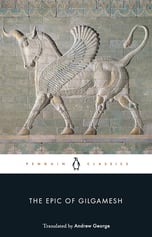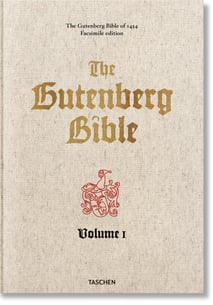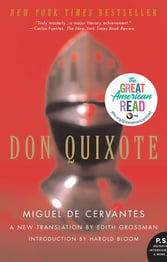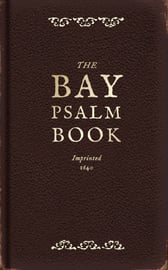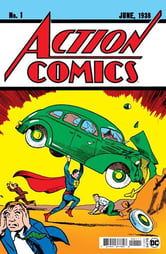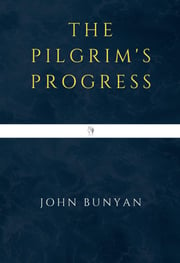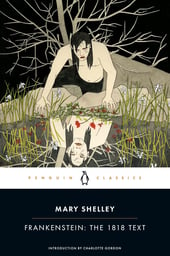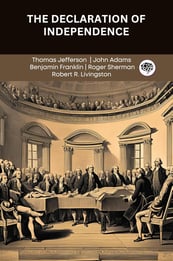
The First Book Ever: A Journey Through History’s Most Pivotal Texts
Books have shaped civilization, with the first book ever written marking a key milestone in history. From early manuscripts to the first printed works, these "first books" have had a lasting impact on literature, culture, and society. This blog explores their significance across various categories.
FACTS
1. The First Written Story: The Epic of Gilgamesh
Book Title: The Epic of Gilgamesh
Date: Circa 2100 BCE
Significance:
Considered one of the oldest known works of literature, The Epic of Gilgamesh originates from ancient Mesopotamia. Written on clay tablets in cuneiform, this epic poem tells the story of the legendary king Gilgamesh and his quest for immortality. The narrative explores themes of friendship, mortality, and the human condition, making it a foundational text for understanding the early development of storytelling and myth.
2. The First Major Printed Book: The Gutenberg Bible
Book Title: Gutenberg Bible
Date: Circa 1455
Significance:
The Gutenberg Bible is widely considered the first major book printed with movable type. Its creation by Johannes Gutenberg in Germany marked the beginning of the Printing Revolution. By making the mass production of books possible, it led to the widespread dissemination of knowledge and ideas. This innovation not only transformed literature but also had profound social, cultural, and religious impacts, including the spread of the Renaissance and the Protestant Reformation.
3. The First Novel: Don Quixote
Book Title: Don Quixote
Author: Miguel de Cervantes
Date: 1605
Significance:
Widely regarded as the first modern novel, Don Quixote by Miguel de Cervantes is a masterpiece of Spanish literature. The book tells the story of a delusional nobleman, Don Quixote, who sets out to revive chivalry and rescue damsels in distress, accompanied by his loyal squire, Sancho Panza. With its complex characters and use of metafiction, Don Quixote marked a major turning point in the evolution of the novel as a literary form.
4. The First Book Printed in the Americas: The Bay Psalm Book
Book Title: The Bay Psalm Book
Date: 1640
Significance:
Printed in Cambridge, Massachusetts, The Bay Psalm Book is the first book printed in North America. It was a Psalter (a collection of Psalms) used by the early Puritans of New England. The book’s publication marks the birth of the printing press in the American colonies and was part of the cultural and religious life of early American settlers. The Bay Psalm Book also reflects the religious fervor of the time and the settlers’ desire to produce English-language scripture for their communities.
5. The First Comic Book: Action Comics #1
Book Title: Action Comics #1
Date: 1938
Significance:
While comics have a long history, Action Comics #1, published in 1938, is often credited as the first true comic book. This issue introduced Superman, the superhero who would go on to become a cultural icon. The comic book industry as we know it today was born with this publication, which paved the way for the rise of graphic novels, superhero comics, and the multi-billion-dollar comic book industry.
6. The First Bestseller: The Pilgrim's Progress
Book Title: The Pilgrim's Progress
Author: John Bunyan
Date: 1678
Significance:
Published in 1678, John Bunyan’s The Pilgrim's Progress is one of the most widely read and influential works in the English language. It is a Christian allegory that tells the story of a man named Christian, who embarks on a spiritual journey to the Celestial City. It became a massive bestseller in its time, with over 100 editions published in the first century alone. Its enduring popularity helped establish it as one of the most important religious texts in English literature.
7. The First Science Fiction Novel: Frankenstein
Book Title: Frankenstein
Author: Mary Shelley
Date: 1818
Significance:
Mary Shelley's Frankenstein is often hailed as the first science fiction novel. Published in 1818, it tells the story of a young scientist, Victor Frankenstein, who creates a living being from dead tissue. The novel explores themes of creation, responsibility, and the dangers of scientific hubris. It was revolutionary for its time, laying the groundwork for modern science fiction by combining Gothic horror with speculative science.
8. The First Book to Be Translated into Every Major Language: The Bible
Book Title: The Bible
Significance:
The Bible holds the title as the first book to be translated into almost every major language in the world. With over 3,000 translations, it is one of the most widely disseminated and influential books in history. The Bible has not only shaped religious beliefs for billions of people but has also impacted art, literature, and culture for over two millennia.
9. The First E-Book: The Declaration of Independence
Book Title: The Declaration of Independence (Digital Format)
Date: 1971
Significance:
In 1971, the first e-book was made available through the Project Gutenberg initiative. While this wasn’t a traditional “book” in the sense of a novel or story, the Declaration of Independence was converted to digital format, marking the beginning of the digital revolution in literature. Today, millions of books are accessible at the click of a button, and Project Gutenberg continues to digitize classic works for public access.
10. The First Printed Children’s Book: Orbis Pictus
Book Title: Orbis Pictus
Author: Jan Amos Comenius
Date: 1658
Significance:
Orbis Pictus is considered the first children's book ever printed. Written by Jan Amos Comenius, it was a pioneering work that introduced children to learning through pictures. The book combined both text and illustrations to teach children about the world around them, making it one of the earliest educational books for young readers. Its lasting influence is still felt in modern educational techniques today.
Conclusion: Books That Changed the World
Each of these "first books" holds a unique place in the tapestry of human history. From the first written stories to the revolutionary advancements in printing, each has paved the way for new ideas, new forms of communication, and new ways of learning. These early texts, whether they were the first written stories, the first novels, or the first e-books, have all had a lasting impact on culture and continue to influence us today. Books truly are some of the most powerful vehicles for knowledge, change, and creativity in human history.
Explore More
Inspiration
Explore tips for fitness, decor, and wellness.
Connect
Discover
© 2024. All rights reserved.

